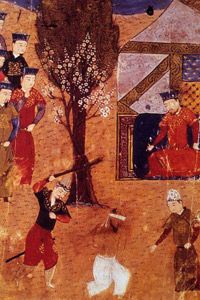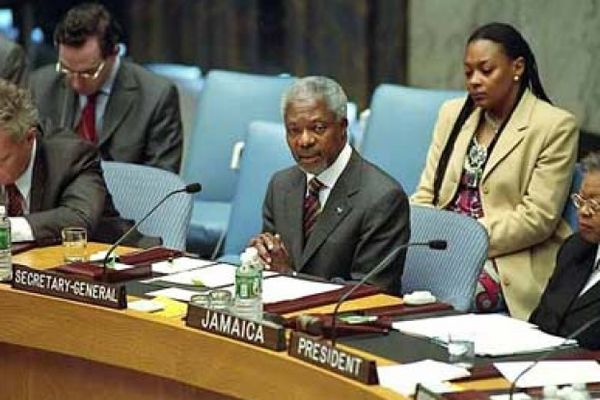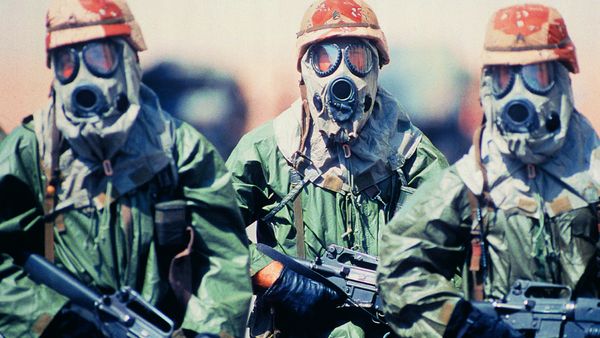Whether it's the topic of a holiday greeting card or a beauty pageant question, peace on Earth is on almost everybody's wish list. But what does it mean to be peaceful? Does it mean friendly relations with other nations, getting good health care or living without fear of terrorist attacks? What about economic stability, or a government's nonviolent transfer of power? It's difficult to quantify what, exactly, adds up to a peaceful existence.
The Australian nonprofit group Vision of Humanity tries to do just that. Every year, it produces a list called the Global Peace Index, which ranks 144 nations according to how they stand on 23 different indicators of peace [source: Vision of Humanity]. Here are a few examples of these indicators:
Advertisement
- Relations with neighboring countries
- Number of homicides per 100,000 people
- Estimated number of deaths from organized conflict
- Level of disrespect for human rights
- Number of heavy weapons per 100,000 people
Once all the data is compiled, the country with the lowest score is declared the most peaceful. In 2009, New Zealand was crowned the most peaceful country in the world, followed by Denmark, Norway, Iceland and Austria. The United States came in at number 83. While the U.S. scored well in areas such as United Nations financial support and civil conflict, the country falls short in several areas, including:
- Number of jailed inmates per 100,000 people
- Military capability/sophistication
- Ease of access to weapons of minor destruction
- Potential for terrorist acts
The country with the lowest score of the 2009 rankings is Iraq, with Afghanistan, Somalia, Israel and Sudan rounding out the bottom five.
Has there ever been peace on Earth? What are some of the most famous peaceful times in history? You might be surprised.
Advertisement




